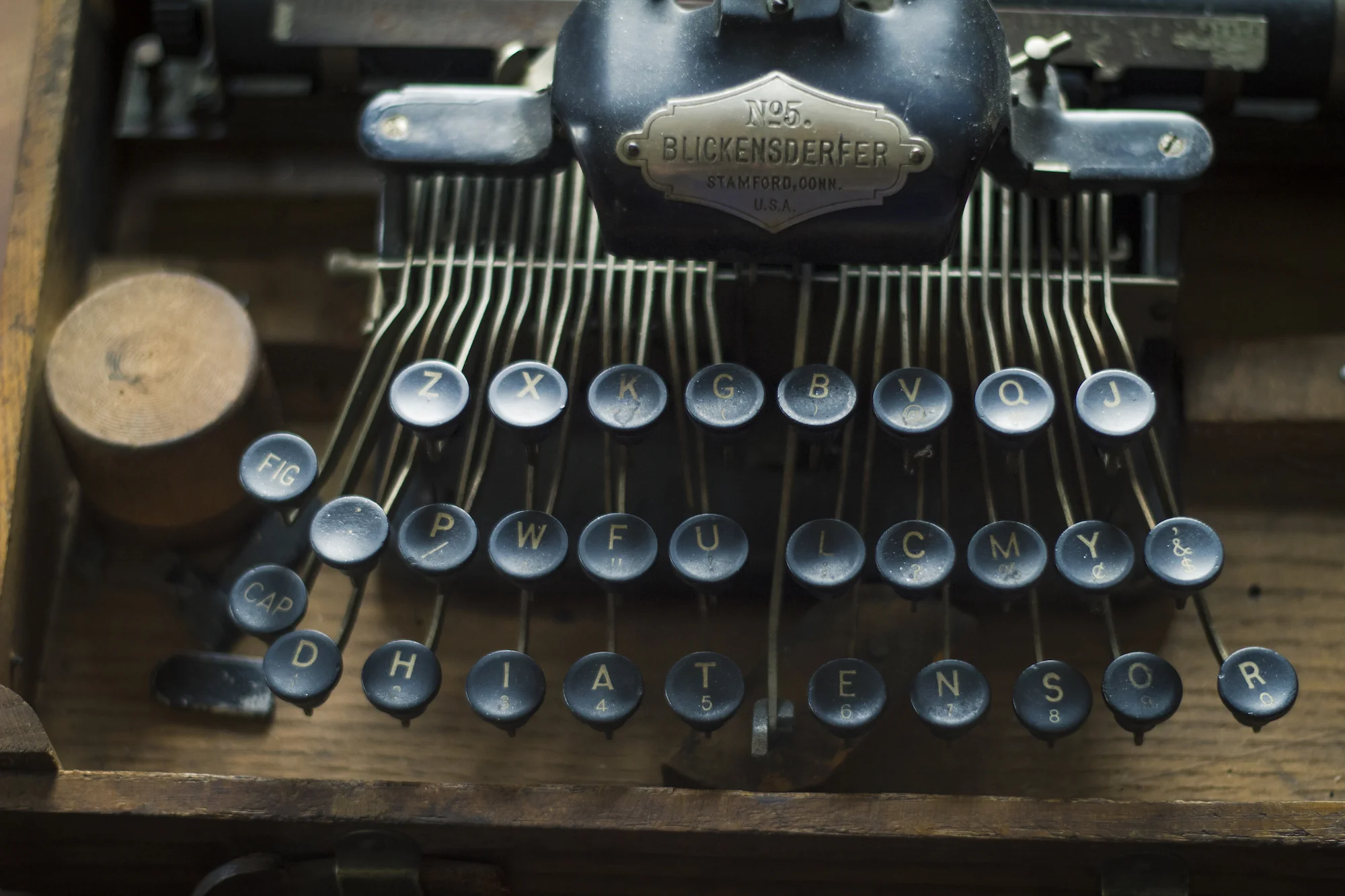Mark Harris already said everything I could've said about the insanity happening in the Best Animation category (though he has the gall to refer to Wallace and Gromit as an inferior award winner, a position I cannot support), and a simple Google search will lead you to hundreds of articles deriding the Academy's bizarre decision to ignore yet another Steve James documentary, as well as Senna, Cave of Forgotten Dreams, Buck, Into The Abyss, Being Elmo, Page One: Inside The New York Times, Project Nim, and Joan Rivers: Piece of Work - or, every documentary that garnered any praise or attention this year. I'm beginning to feel like the voters for this category are some breed of hipster documentary snobs: they only like movie's that aren't too mainstream (because Werner Herzog's 3-D study of caves was totally inescapable this year).
Every other category evokes little to no anger - somewhere out there, someone's horrified by Super 8's snub in sound editing, but that person is not me. So I'm gonna finish my review of the Oscar nominations with one last look at the acting categories.
Best Supporting Actor and Actress I've already talked about Best Supporting Actress once, and I simply can’t summon any anger for the rejected potential nominees. Frankly, I can’t even really think of any. I should have done this piece sooner. Sandra Bullock, I guess? Oh, Shailene Woodley.
I've already talked about Best Supporting Actress once, and I simply can’t summon any anger for the rejected potential nominees. Frankly, I can’t even really think of any. I should have done this piece sooner. Sandra Bullock, I guess? Oh, Shailene Woodley.
Woodley’s an intriguing subject. She’s so very good in The Descendants, yet until now she’s been best known for the ABC Family show she’s on, “The Secret Life of the American Teenager,” a show she’s supposedly not very good on.
What, you expected me to watch the show in order to write this review? That’s ridiculous. I don’t get paid for this. Who would put themselves through such an affair for no reason?
Oh, that’s right, me. Challenge accepted!
…alright, hunting for it on OnDemand… pulling it up… and… here we go.
(fourteen minutes later) …and I’m back. That’s all I can take, guys. This show is awful.
It’s everything I don’t like about scripted television – bad, flat lighting, hastily delivered lines, several unconnected storylines running along from episode to episode without resolution, all the action happening in a series of close-ups to hide the shoddiness of the sets (unsuccessfully). There are ways to sell a show on a tiny budget so it doesn’t look cheap. This show doesn’t do any of them.
All the acting is bad, but there’s varying levels of badness to it – there are bad actors who can’t do any better, and there’s good actors who aren’t being the opportunity to do better work. And of those, Woodley looks like the best of the lot. I mean, Molly Ringwald’s in this show too, and while it’s been a long time since Sixteen Candles, she’s doing pretty lousy work here.
Woodley’s taken some offhand shots at the show during her interviews for The Descendants, mostly in a “no offense, but working on ABC Family is not like working with Alexander Payne and George Clooney” sort of way. The show’s creator, Brenda Hampton, pretended not to notice and insisted that “doing that film was a very good thing for her and for us. She brought what she learned back.” Early prediction: Woodley lands a bigger role in a big film sooner rather than later, her star starts to rise, and she departs the show in a year or two. No one stays on ABC Family if they can’t help it, with the possible exception of Melissa Joan Hart.
For Best Supporting Actor, the obvious complaint would be Albert Brooks for Drive, since he’d managed to win about 40% of the supporting actor trophies that were handed out before getting ignored by the Academy. There’s no way he would have beaten Christopher Plummer next Sunday (a respected elderly actor playing a dying gay father? Who could top that?), and Brooks seems to be taking it pretty well, so it’s just one less tuxedo rental for him, I guess.
As to those people who kept harping on Andy Serkis’ being ignored for playing the digital version of Caesar, the ape in Rise of the Planet of the Apes? Let it go. Sure, playing a role like that looks awfully tough, but when has the Academy ever nominated an acting performance from a prequel to a reboot? Annoyed the Academy doesn’t respect motion capture? Of course they don’t! Who wants to give an Oscar to a guy for playing a chimp?
Mostly, these snubs are just indicative of the Academy’s stances on the movies these actors came from. Woodley not being nominated means The Descendants has no chance of winning Best Picture, if it ever did. Brooks being ignored was just one of the various ways the Academy ignored Drive (no nominations in Best Actor, Picture, or Director, either). And Serkis being ignored just means that the Academy still hates monkeys.
When you get down to it, there’s really not a whole lot that’s shocking here.





